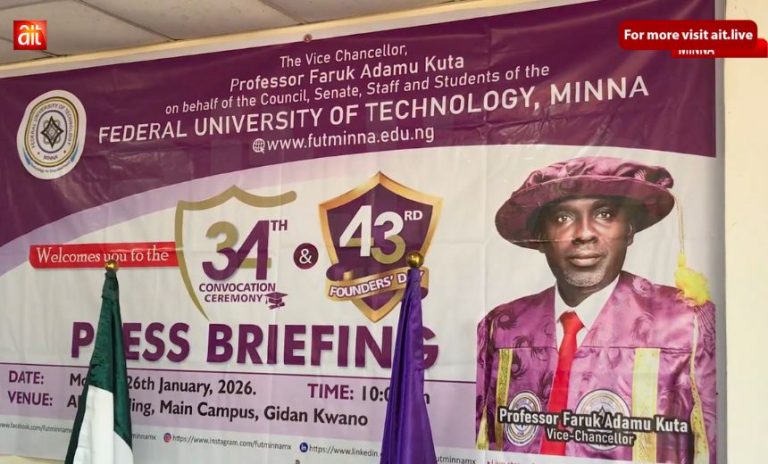In a sweeping new internet control measure, the Chinese government has directed the removal of leading gay dating applications, Blued and Finka, from all mobile app stores across the country. The order, which came from the Cyberspace Administration of China (CAC), has been widely interpreted as another effort to tighten Beijing’s grip over online spaces and silence the country’s already marginalized LGBTQ+ community.
According to reports, the removal affects both Apple’s App Store and local Android marketplaces, making it nearly impossible for users within mainland China to download or update these platforms. Apple later confirmed that the removal was carried out “in compliance with official orders from Chinese regulators,” emphasizing that all developers must adhere to local laws to operate in the country.
The directive has sparked an outpouring of concern among human rights advocates, technology analysts, and LGBTQ+ activists, who view it as a continuation of China’s years-long campaign to censor digital expressions of identity and restrict what it describes as “immoral” or “unhealthy” online behavior.
A Blow to LGBTQ+ Visibility
Blued—founded in 2012 by former police officer Geng Le—grew into the world’s largest gay social networking platform, boasting over 40 million registered users globally and millions within China. The app offered a safe haven for gay men to socialize, build friendships, and access sexual health information in a society where public discussions about homosexuality remain sensitive.
Similarly, Finka, a newer app with a more interactive and youthful appeal, had become a popular space among younger LGBTQ+ users seeking to express themselves freely. Both apps not only connected people but also played a quiet role in advocacy, offering visibility to a community often erased from China’s mainstream media.
The removal of these apps now represents more than just a technical decision — it strikes at the very heart of community, belonging, and digital inclusion. For millions of Chinese LGBTQ+ individuals, who often rely on online spaces for self-expression and safety, this crackdown further isolates them in a country where public acceptance remains limited.
Tightening Ideological Control
The CAC’s decision is part of a broader national campaign to “purify the internet” and align digital content with what authorities call “core socialist values.” Over the past few years, Beijing has waged a sweeping cleanup operation targeting everything from celebrity fan clubs to online gaming, livestreaming, and now, queer spaces.
In 2022, the global dating platform Grindr was also removed from Chinese app stores as part of a “content rectification campaign” that coincided with the Beijing Winter Olympics. Around the same time, several LGBTQ+ university associations were forcibly dissolved or silenced online under the guise of “administrative restructuring.”
Analysts believe the government’s latest action reflects a growing determination to control digital identity and discourse, especially in spaces where individuals might challenge state-defined morality or gender norms. “This is not just about apps,” said one digital-rights researcher. “It’s about power — about who gets to exist online, and on what terms.”
Human Rights and Global Reaction
The international community has reacted with dismay. Global rights organizations such as Human Rights Watch and Amnesty International have condemned the removal as part of a “pattern of erasure” targeting LGBTQ+ citizens. They argue that while same-sex relationships are not illegal in China, the increasing regulation of queer visibility and speech sends a chilling message that non-heteronormative identities are unwelcome in public life.
The United Nations Human Rights Office has previously expressed concern about digital censorship in China, noting that online control measures often disproportionately affect marginalized communities. The removal of gay dating apps, observers say, not only limits social interaction but also disrupts access to vital information about HIV prevention, counseling, and health services, which many users accessed through these platforms.
Outside China, however, Blued continues to operate under the rebranded name HeeSay, catering to international users in regions such as Southeast Asia, Europe, and North America. Its parent company, BlueCity Holdings, which was once listed on NASDAQ, later delisted in 2022 amid tightening Chinese data regulations. Finka, meanwhile, had already withdrawn from several non-Chinese markets earlier this year — a move that, in hindsight, may have anticipated the coming crackdown.
Digital Compliance vs. Corporate Ethics
For multinational technology companies, the removal order once again exposes the delicate balance between market access and ethical responsibility. Apple, in particular, has faced repeated criticism for complying with Chinese censorship requests, from removing VPN apps to restricting privacy tools. Critics argue that such cooperation undermines global commitments to free expression and human rights.
“Tech giants operating in China are walking a fine line,” said a technology policy expert based in Singapore. “The question is: at what point does compliance become complicity?”
Broader Implications for Digital Freedom
The targeting of Blued and Finka adds to a growing list of restrictions that highlight China’s vision for a state-controlled digital ecosystem — one where apps, speech, and identities are closely monitored and regulated. With the CAC’s powers expanding, even foreign developers operating in China must now conform to strict ideological and cybersecurity rules.
For the LGBTQ+ community, the disappearance of these apps is not merely a digital inconvenience but a symbolic erasure of existence in public cyberspace. Many fear that users could now turn to underground channels, private networks, or VPN-based apps — potentially exposing themselves to surveillance or legal risk.
“It’s not just the deletion of an app,” one LGBTQ+ rights advocate in Beijing said anonymously. “It’s the deletion of connection, of safety, of belonging.”
A Shrinking Space for Expression
Despite China’s rapid economic modernization and its portrayal as a progressive society, its cultural and political institutions have remained conservative on issues of sexuality and identity. Public Pride events are tightly monitored or banned, and films or media featuring same-sex relationships are routinely censored.
This latest digital purge is therefore viewed as part of a larger cultural retrenchment, where diversity of identity is seen as incompatible with state ideology. Experts warn that this approach risks further alienating younger generations who seek openness, connection, and representation.
Conclusion
The removal of Blued and Finka from China’s app stores marks yet another turning point in the country’s battle between digital regulation and personal freedom. It highlights an uncomfortable reality — that technological innovation and social progress are advancing at very different speeds under Chinese governance.
As Beijing reinforces its digital sovereignty, the question that lingers is whether connectivity in China will ever truly serve its citizens’ freedom — or remain an instrument of control.
Until the government clarifies its intentions, the voices once amplified through platforms like Blued and Finka will continue to echo quietly across borders, searching for spaces where identity is not a threat, but a right.



